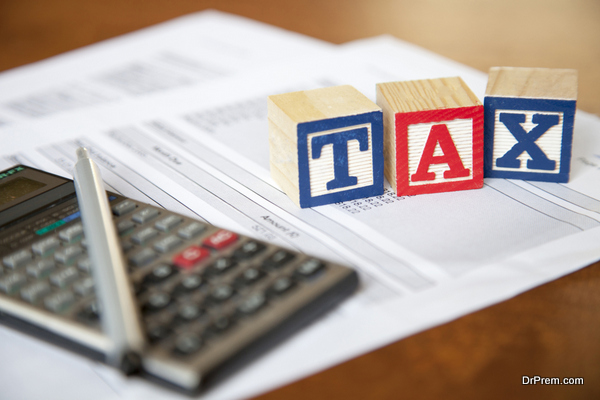Probate is a long and expensive process that most people want to avoid if at all possible. The last thing you would ever want to do is leave your children with a complicated legal hassle to deal with while they’re in the middle of mourning your loss. Fortunately, there are multiple techniques for avoiding probate, such as placing your property in a trust with instructions to transfer the property to your children upon your death.
Today, however, we’re going to discuss another interesting possibility: adding your child’s name to your deed. This means that when you die, your child will automatically become the owner of the property in fee simple absolute without any need for probate. Adding your Child’s name to your deed is a complex process, and may not always be the best idea, so you should be sure to work closely with an experienced real estate lawyer to make sure that you do it right. Adam Leitman Bailey, P.C. has the experience and know-how to counsel you through the potential risks.
Common Issues that Arise When Putting Your Child’s Name on Your Deed

The first problem that will pop up when you add your child to you deed is gift tax. If you give your child anything worth over $14,000 in a given year, tax is owed on that gift. Adding your child to your deed counts as a taxable gift unless your child pays valuable consideration to be added. There is a federal tax exemption for gifts up to a cap of $5.49 million, so if your property is worth less than that you won’t actually owe any gift taxes. However, you may still be liable to your state taxing authority.
Adding your child to your deed may also cause you to encounter problems with your title. For example, now that your child’s name is on the deed, you can’t mortgage or sell the property without their consent. By the same token, they can’t mortgage or sell the property without your consent – you are now co-owners. This restriction may cause problems for you later on.
Creditor and divorce issues may also arise following the addition of your child to your deed. For example, if your child ends up having problems with creditors or is taken to divorce court, their creditors or ex-spouse may succeed in having a lien placed on the property. This could result in a forced sale of your property.

Finally, adding your child to your deed may create income tax problems as the result of a lack of step-up basis. Normally, when you die and leave property to your children, they have a step-up basis in the property. This means that their basis in the property is its fair market value at the time of inheritance. What does this mean? Essentially, if they then decide to sell the property, their taxes are minimized since the sale price will be little more than their basis.
For example, if your child has a step-up basis of $200,000 in the property, and sells it for $220,000, they only owe taxes on $20,000. Conversely, without the step-up basis, your child’s basis will be the same as your basis in the property based on its value when you originally purchased it. Therefore, if your basis was $120,000, then when your child sells the property for $220,000, they will owe taxes on $100,000. When you add your child’s name to your deed, they will not receive a step-up basis, so you’ll be increasing their later tax liability.
Conclusion
Adding your child’s name to your deed is a creative way to allow them to take the property when you die without having to go through the difficult and expensive probate process. However, there are many other risks and drawbacks to this method, so you will want to rely on the advice of an experience real estate lawyer before deciding that this is the approach you want to take.
Article Submitted By Community Writer




